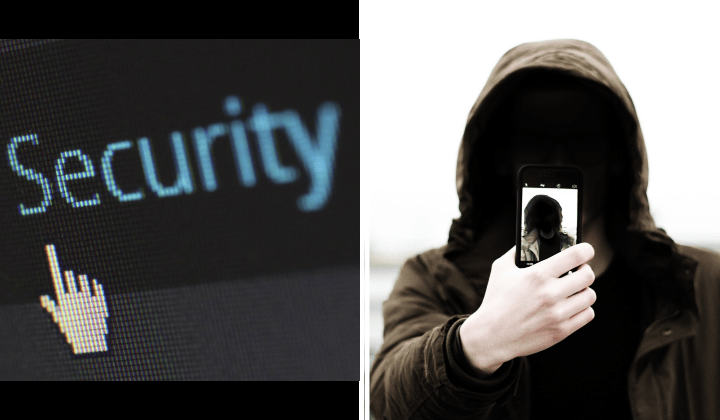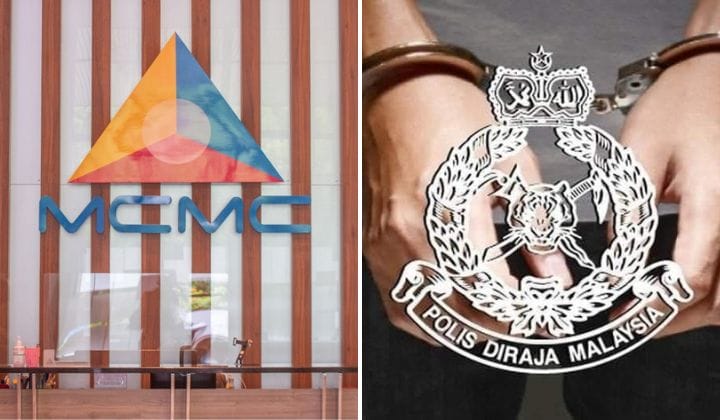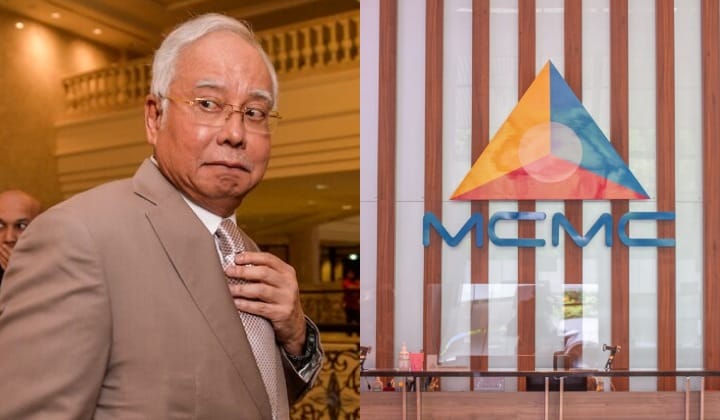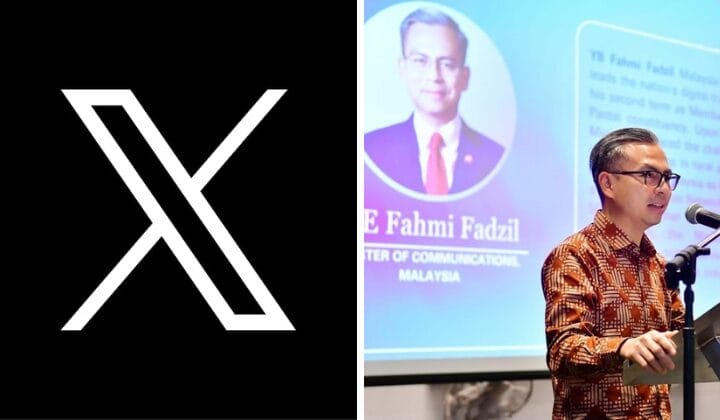Selfies & security; M’sia ranks bottom 5th in data protection, especially in biometrics

There has been quite a stir recently with Grab Malaysia prompting users to take their own selfies before using their e-hailing app.
People haven’t been taking the implementation well as many complained about their privacy.
Although previous reports have pointed out that it would be mandatory but some passengers are still skeptical.
@GrabMY You don’t hv passengers’ consent. You need to rethink this because you hv not given passengers info on how you use and store the data. https://t.co/i7oLWQ3R0H
— Haramkan Nikah Bawah Umur ✊🏽 #REVOLUSIS (@krYss_net) October 15, 2019
Semenjak nak book Grab nak kena ambil selfie dulu ni, saya sering lewat ke destinasi saya kerana lighting tak kena.
— . (@TattyHassan) October 16, 2019
Ever since I have to take selfies before booking for Grab, I am always late because the lighting is not good
via Twitter
@GrabMY please tukar la peraturan baru. Kesian makcik2 yg tak tahu apa apa yg nk cepat. Tau la untuk keselamatan. Kesian dkt org yg nk cepat. Dh la nk suruh selfie 10 minit pun belum tentu blh detects. Kesian dkt pakcik dn makcik. pic.twitter.com/e60odtsUTf
— Caint133 (@caint133) October 11, 2019
@Grabmy please change the regulations. Pity the aunties who don’t know about the requirement but need to get somewhere quick. We know it’s for safety. Pity those who are in a hurry. Even if you take selfies for 10 minutes straight, it doesn’t mean that it would detect. Pity the aunties and uncles
Via Twitter
Grab mentions that it’s an effort to build a safer platform for passengers and driver-partners.
Grab claims that the selfie is for identity verification, safety, and may also be used to assist the authorities when required.
They may also share your personal data with their legal advisors, law enforcement officials and government authorities.
Chill. Grab says your personal data is protected under their privacy policy and the PDPA (Personal Data Protection Act 2010) and is not shared with drivers.
Grab also says they opted to use selfies instead of pictures of their customer’s identification cards as it is less invasive.
If you want to find out more about this and why it needed to be implemented, you can read the Grab Privacy Policy.
But elsewhere Malaysia has been ranked fifth-worst in data protection, according to Comparitech.
The researchers noted that the data protection law in 2010 is making some improvements to Malaysia’s privacy but said that it needs updating to better protect all types of data, including biometrics.
They’ve also underlined that there are only a few laws which concern the use of face recognition technology.
It also doesn’t help that the country has suffered several large data breaches involving financial and medical details.
This also includes recent news about the Malaysian Communications and Multimedia Commission (MCMC) suspending the contract of a company linked to a massive data leak of personal details.
Breaches can have a massive negative impact on a company’s customer base, particularly if the breach involved sensitive data.
If personal and financial details of staff and customers are breached, those people are left open to the risk of identity theft.
Customers also lose confidence in the brand if they don’t feel that their data is secure. A breach also puts off potential customers.
With a lack of laws protecting personal information especially n biometrics and the data leak which has been reported, we think that it’s pretty understandable why people are quite reluctant to take a selfie as verification.
Just sort of wished we sorted the legislation aspect first out first before jumping on the facial recognition bandwagon.
What do you think about Grab’s facial recognition requirements? do hit us up on our Facebook, Twitter, and Instagram.
Unkempt in both stories and appearance, Hakim loves tech but tech left him on read, previously he used to write about tall buildings and unoccupied spaces that he can't afford, and legend has it that he still can't afford it to this day








